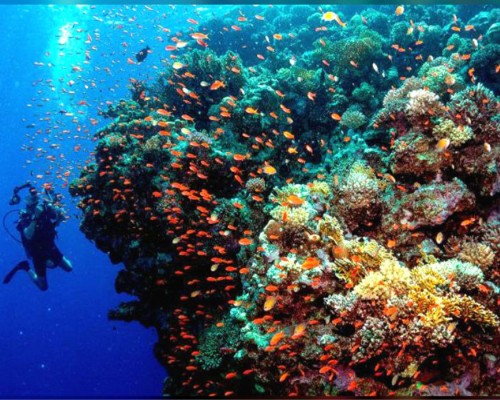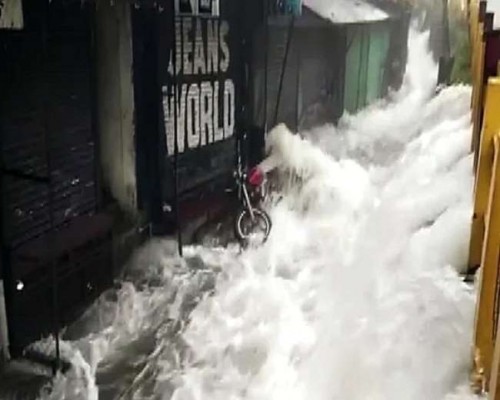Coral Reefs Under Threat: India's First Large-Scale Ocean Floor Cleanup Initiated

The fragile marine ecosystems of the world, particularly coral reefs, face unprecedented threats due to human activities and climate change. In a proactive step towards addressing this crisis, India has launched its first large-scale ocean floor cleanup operation near the Sindhudurg coral reefs in Maharashtra. This initiative, spearheaded by certified scuba divers, state agencies, and NGOs, aims to restore marine biodiversity and ecosystems.
Rising Threats to Coral Reefs
According to a recent report, coral reefs and associated marine life are under significant stress due to global climate change and anthropogenic activities. These vibrant ecosystems, which are home to a plethora of marine species, are being adversely affected by rising temperatures, ocean acidification, and pollution. Research from leading universities highlights that marine habitats are losing their biodiversity at an alarming rate, disrupting the ecological balance along coastal areas.
Studies conducted in regions like the Great Barrier Reef have revealed the detrimental impacts of human-induced activities and climate change, such as coral bleaching and the depletion of marine species. The loss of biodiversity has a cascading effect on coastal livelihoods, weather patterns, and overall ecosystem health.
India’s Pioneering Cleanup Effort
In response to these pressing concerns, India's first large-scale ocean floor cleanup was launched on Wednesday near Sindhudurg Fort. A team of seven certified scuba divers collected around 250 kilograms of non-biodegradable waste, including abandoned fishing nets, often referred to as "ghost nets." These nets, lost during fishing operations, drift with ocean currents and pose severe threats by entangling corals and marine species.
This innovative project, supported by the Fisheries Survey of India (FSI), Maharashtra Pollution Control Board (MPCB), and NGOs like Vanashakti, focused on cleaning a 150-meter radius near the coral reefs. The initiative also involved local fisherfolk and environmental groups. According to Ashok Kadam, a senior scientist at the FSI, this is the first coordinated cleanup drive combining government and private efforts.
Awareness and Education Initiatives
Apart from cleanup operations, the Union Ministry of Environment, Forest, and Climate Change has allocated ₹40 crore for awareness programs on marine conservation. Schools and colleges are being encouraged to participate in future drives to foster a culture of environmental responsibility among the youth.
Environmentalists emphasized the need to address the root causes of coral reef degradation, such as overfishing, plastic pollution, and unsustainable tourism. They highlighted that preserving these natural underwater habitats is crucial for sustaining marine biodiversity and supporting communities that rely on the ocean for their livelihoods.
Conclusion
As coral reefs worldwide continue to face existential threats, initiatives like India’s Sindhudurg cleanup project serve as a beacon of hope. By integrating science, government policies, and community involvement, India is taking significant strides toward conserving its marine ecosystems. These efforts underline the urgent need for global collaboration in preserving the world’s oceans for future generations.























